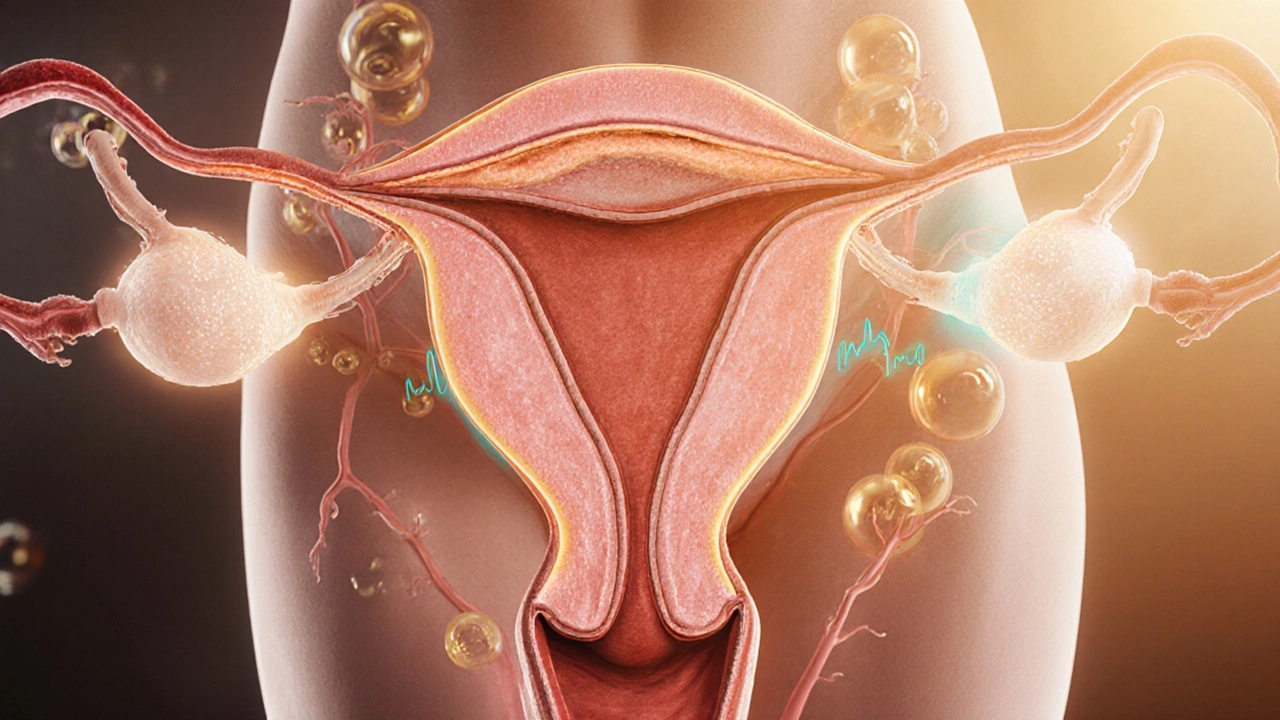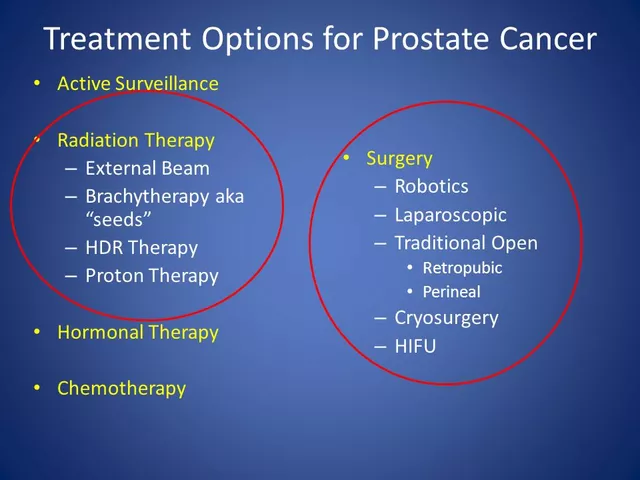Ovulation: What It Is, Why It Matters and How to Track It
When talking about Ovulation, the release of a mature egg from the ovary each month. Also known as egg release, it marks the fertile window in a woman's menstrual cycle. This process is not random; it follows a predictable hormonal rhythm that most women can learn to recognize. Understanding ovulation helps you plan conception, avoid unwanted pregnancy, and spot health issues early. Below we’ll break down the main players and how they fit together.
Key Factors Influencing Ovulation
The hormonal cascade begins with the LH surge, a sudden increase in luteinizing hormone that signals the ovary to release the egg. Within 24‑36 hours, the egg travels down the fallopian tube, ready for fertilization. If sperm meet the egg during this short window, pregnancy can occur – that’s where fertility, the ability to conceive comes into play. Timing matters: most experts recommend having intercourse in the two days before and the day of ovulation for the best odds. This period is often called the "fertile window" and aligns with the broader menstrual cycle, the monthly hormonal cycle that prepares the body for pregnancy. The cycle’s length varies, but ovulation typically occurs around day 14 in a 28‑day cycle. Tracking basal body temperature, cervical mucus changes, or using ovulation predictor kits can pinpoint the LH surge and give you a reliable estimate.
Beyond hormones, lifestyle factors like stress, extreme exercise, and nutrition can shift the timing or even skip ovulation altogether. Conditions such as polycystic ovary syndrome (PCOS) or thyroid disorders often disrupt the LH surge, leading to irregular or absent ovulation. Recognizing these signs early lets you seek medical advice before they affect long‑term fertility. Ovulation also has health implications beyond pregnancy – regular cycles indicate balanced estrogen and progesterone, which protect bone density and heart health. In the next sections you’ll find a variety of articles that compare medications, supplements, and lifestyle tools that support or affect ovulation, from hormone‑based treatments to natural approaches. Dive in to see how each resource aligns with the concepts we just covered and find practical tips you can apply right away.
 5 October 2025
5 October 2025
How Estrogen and Progesterone Regulate Ovulation & Menstruation - A Complete Guide
Learn how estrogen and progesterone control ovulation and menstruation, the feedback loops involved, factors that disturb balance, and practical tips for hormone health.
Latest Posts
-

Rhabdomyosarcoma Treatment Options: Chemotherapy, Radiation, and Surgery
-
The Link Between Hepatic Encephalopathy and Sleep Disturbances
-

How to Reduce Costs for Specialty Medications and Injectables
-

Navigating Affordable Bactrim: A Comprehensive Guide to Sulfamethoxazole and Trimethoprim
-

Pharmacy Sourcing Requirements: Legitimate Drug Procurement Standards

19